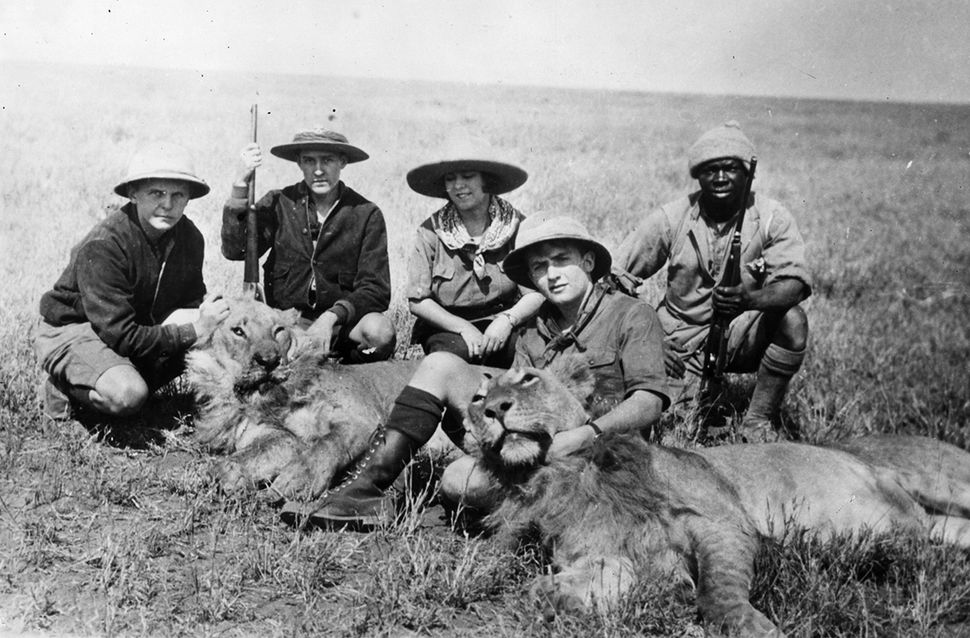Killing animals for sport, often euphemistically dubbed “recreational hunting,” poses a contentious dilemma in contemporary society. The immensity of this debate raises a provocative question: should the act of killing animals for amusement be legally classified as a crime? To dissect this complex issue, we must examine ethical, ecological, and legal perspectives that shape our understanding of animal rights and human responsibilities.
At the heart of this inquiry lies the ethical consideration of animal life. Proponents of recreational hunting often argue that it is part of a longstanding tradition that connects humans with nature. They often cite the economic benefits of hunting; however, one must ask: at what ethical cost does this tradition come? The moral implication of deriving pleasure from the suffering of sentient beings raises profound questions about the values we uphold as a society. Should entertainment derived from the macabre be permissible? This question forces us to confront our collective conscience.
On the other hand, those who advocate for animal rights contend that inflicting harm for pleasure is a fundamental violation of ethical considerations surrounding the treatment of living creatures. Many philosophical frameworks, such as utilitarianism, suggest that actions should maximize overall happiness and minimize suffering. Under this lens, hunting for sport yields a negative balance: the joy of a few hunters is overshadowed by the pain of the animals subjected to violence. If we were to adopt a more compassionate ethical framework, the moral high ground would dictate that the suffering of animals outweighs the frivolity of sport.
Ecologically speaking, the consequences of hunting for fun can be far-reaching. The delicate tapestry of ecosystems is intricately woven, with each species playing a vital role in maintaining ecological balance. The removal of apex predators, for example, disrupts food chains and can lead to overpopulation of prey species, resulting in resource depletion. Furthermore, when certain species are hunted to near extinction, the ramifications extend beyond individual animals; they encompass entire ecosystems that rely on biodiversity for resilience and stability. Here, one must ponder: does our desire for amusement trump the very fabric of our natural world? Are we willing to gamble ecological sustainability for a moment’s enjoyment?
Moreover, the legal framework surrounding hunting raises additional complexities. Different regions have inherently distinct attitudes toward what constitutes acceptable hunting practices. Some jurisdictions implement stringent regulations to protect vulnerable species and uphold ethical hunting standards, while others maintain lenient laws that allow for the killing of animals for mere sport. The question arises: is there a universal standard that could be applied to define hunting as a criminal act? What parameters would delineate acceptable from unacceptable behavior in this nuanced field?
Public sentiment is also a significant factor in shaping this debate. Recent surveys consistently reveal that an increasing number of people are opposed to killing animals for fun. The rise of animal rights activism reflects a paradigm shift in attitudes, as more individuals advocate for a worldview that prioritizes coexistence over dominion. This changing tide suggests a potential for legislative change, as lawmakers are more likely to respond to public outcry. Yet, the question remains: can we transform moral sentiments and public opinions into actionable policies that protect animals from needless suffering?
Furthermore, one must entertain the notion of dual-use arguments. A common defense for hunting is that it contributes to conservation efforts. Proponents claim that regulated hunting can fund wildlife preservation initiatives and control animal populations. But is this justification sufficient to outweigh the ethical concerns regarding animal suffering? Additionally, should conservation strategies involve recreational killing, or should they rely on humane methods of population management? This quandary illustrates the dichotomy between conservation ethics and animal welfare ethics, presenting a significant challenge for modern society.
As we dissect these multifaceted arguments, it is imperative to emphasize that defining “killing for fun” engenders more questions than answers. Some may argue that hunting fosters an understanding and appreciation for nature, while others perceive it as an archaic vestige of a bygone era, devoid of moral justification. Each assertion holds merit, yet concurrently embodies a broader challenge: how do we reconcile our connections to the natural world with our duty to protect its inhabitants?
In conclusion, should killing animals for fun be considered a crime? The answer likely lies within a mosaic of viewpoints, demanding a thorough exploration of ethical, ecological, and legal dimensions. It beckons society to reflect on our values and the extent to which we prioritize amusement over compassion. As discussions about animal rights and conservation efforts continue to evolve, there remains an urgent need for a more unified perspective—one that considers the intrinsic worth of all sentient beings. Ultimately, the moral fabric of our society could be woven stronger by embracing empathy and rejecting needless violence against the voiceless inhabitants of our planet.








